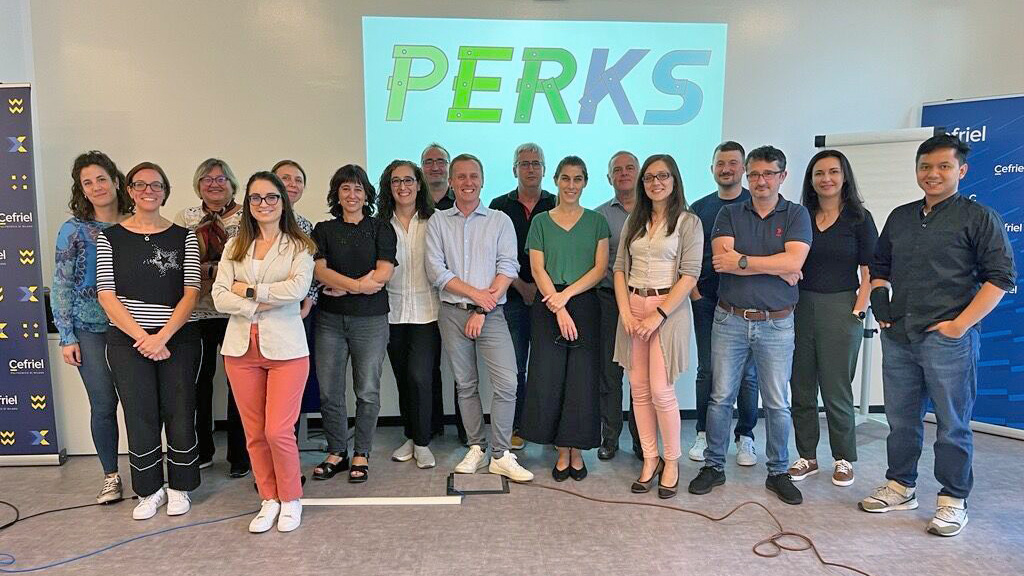PERKS aims to develop AI processes for more efficient and effective management of procedural knowledge and thus improve operational processes and knowledge management in companies. Eight research and application partners are working together in PERKS under the leadership of the Italian Center for Digital Innovation, Cefriel, over a period of three years. The project is co-funded by the Horizon Europe program as part of the "Digital, Industry and Space" cluster.
Intelligent management of process knowledge in the industry
Process knowledge (PK) is the knowledge of how to perform tasks and as such is an essential component for workers in virtually all industrial sectors. This knowledge is usually difficult to explain and describe, often poorly digitized or difficult to access. The challenge in PF management is to make this knowledge accessible across different formats and categories such as process descriptions, regulations, guidelines, instructions, and standards. To this end, the PERKS project team is developing AI procedures and investigating their application for three industrial scenarios with different needs and complexity: safety procedures for maintenance interventions in production facilities for household appliances; configuration instructions for computer-controlled machines (CNC) in industrial systems; and guidelines for optimizing energy consumption in microgrids and energy communities. The results of PERKS will be evaluated by measuring appropriate indicators, both operational and technical, and in terms of business and sustainability outcomes.
Language technology approaches from DFKI
The DFKI research department Language Technology and Multilingualism (MLT) will focus on computer-aided modeling and elicitation of procedural knowledge. The team led by Prof. Günter Neumann and Dr. Simon Ostermann will use AI technologies such as transfer learning deep networks for information retrieval and generative language models to learn computer-based representations of procedural knowledge from textual sources. Multimodal extensions will also be investigated, taking into account graphics and images from texts as well as different text types for pre-training and fine-tuning our models. In addition, we will contribute to the automatic generation of questions as FAQs from technical documents.

